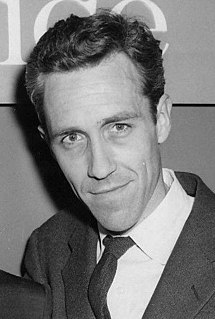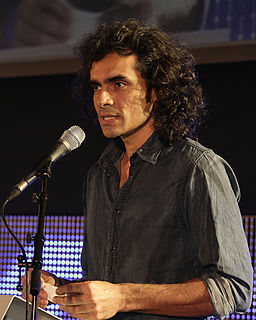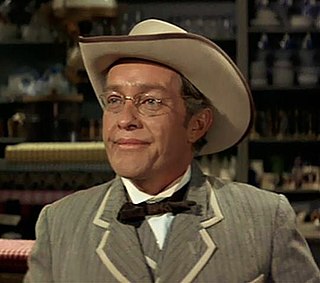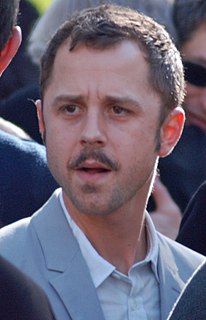A Quote by Ira Sachs
As a filmmaker, you realize that places have character based on their history as much as a face does or an actor does.
Related Quotes
Age is as much an asset for character players as it is for good wine. Human experiences, both good and bad, leave their marks on one's face and bearing. A few lines on the face and a few gray hairs coupled with the idiosyncrasies an actor adopts throughout life help out round out the actor's personality. So far as I'm concerned, the older a character actor gets, the firmer his position is.
What does Macbeth want? What does Shakespeare want? What does Othello want? What does James want? What does Arthur Miller want when he wrote? Those things you incorporate and create in the character, and then you step back and you create it. It always must begin with the point of truth within yourself.
[Sundance] still feels significant. I don't think you can help but come here and not feel that sense of history and its significance in influencing film. And I think it still does. Some of that is based on history, but it's also based on really incredible programmers who are showcasing such an incredible variety of cinema.
I think we are affected so much by mythical stories and biblical stories, our society being based on the Bible - at least the old society is based on biblical terms and laws - that there's more of it in art than people realize. Sometimes it comes to the surface, but sometimes it's below the surface, but certainly, it does influence some of my movies.
There is a mortifying experience in particular, which does not fail to wreak itself also in the general history; I mean "the foolish face of praise," the forced smile which we put on in company where we do not feel at ease, in answer to conversation which does not interest us. The muscles, not spontaneously moved but moved, by a low usurping wilfulness, grow tight about the outline of the face, with the most disagreeable sensation.
I'm really trying to dredge up what one might call intellectual and moral material. For example, when do you realize that you are an American? What age does that happen to you? When do you realize what religion your parents practice? When does it all become conscious? I was interested in exploring all of that.






































